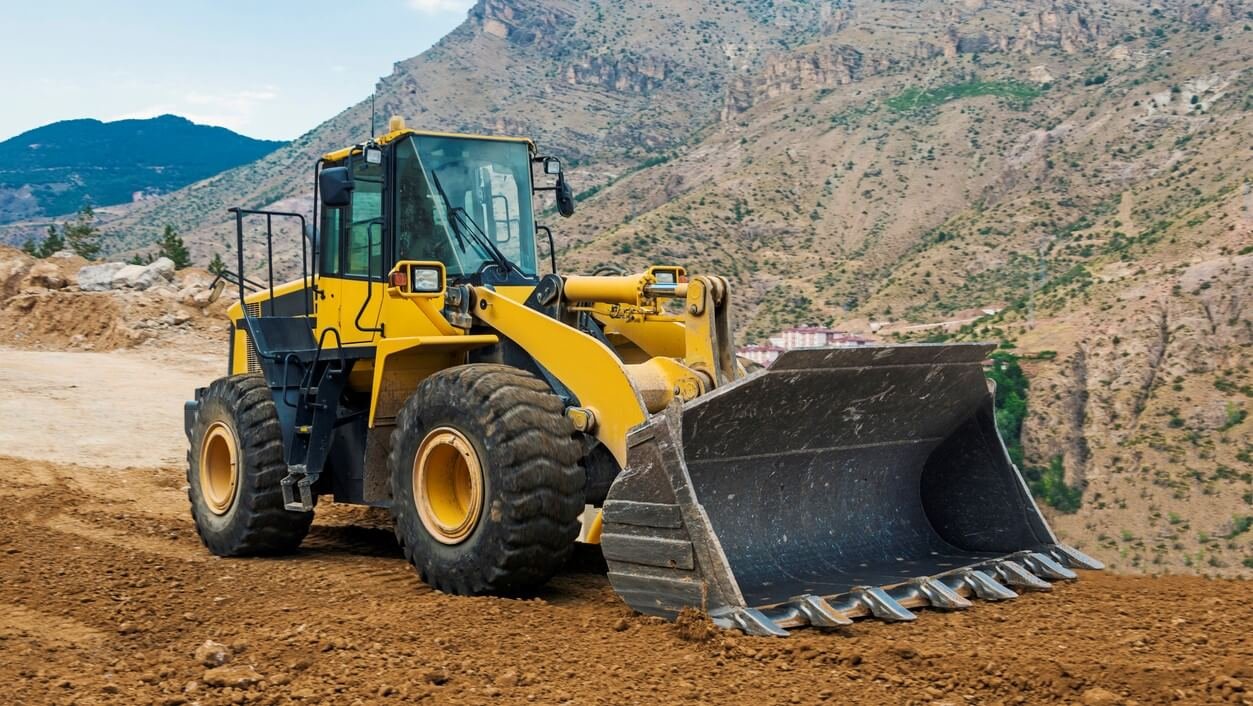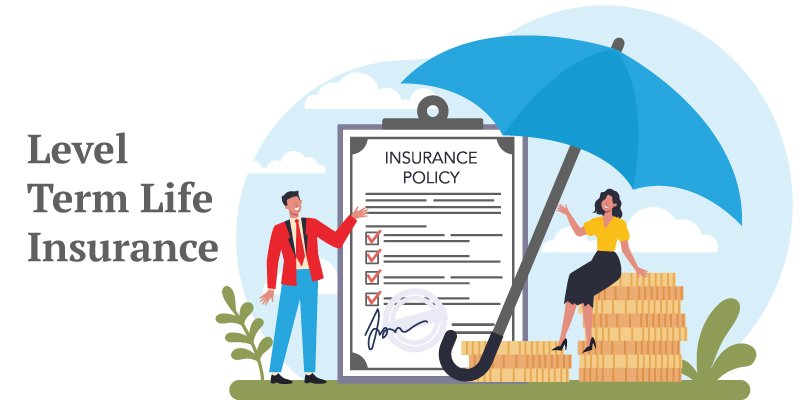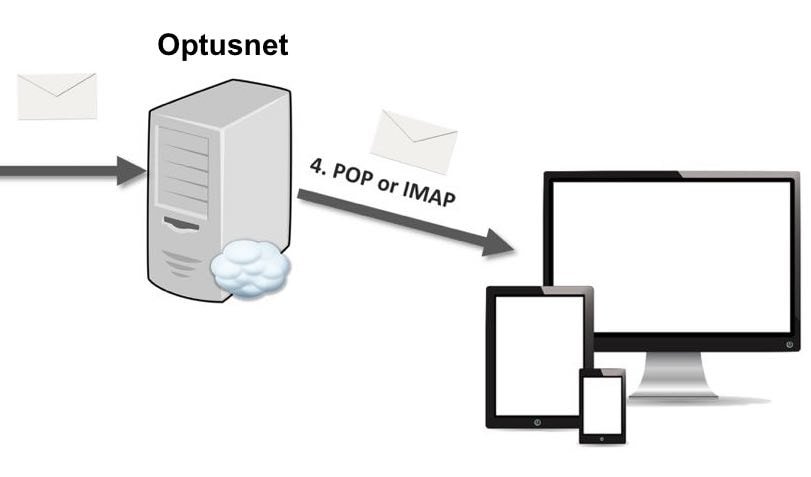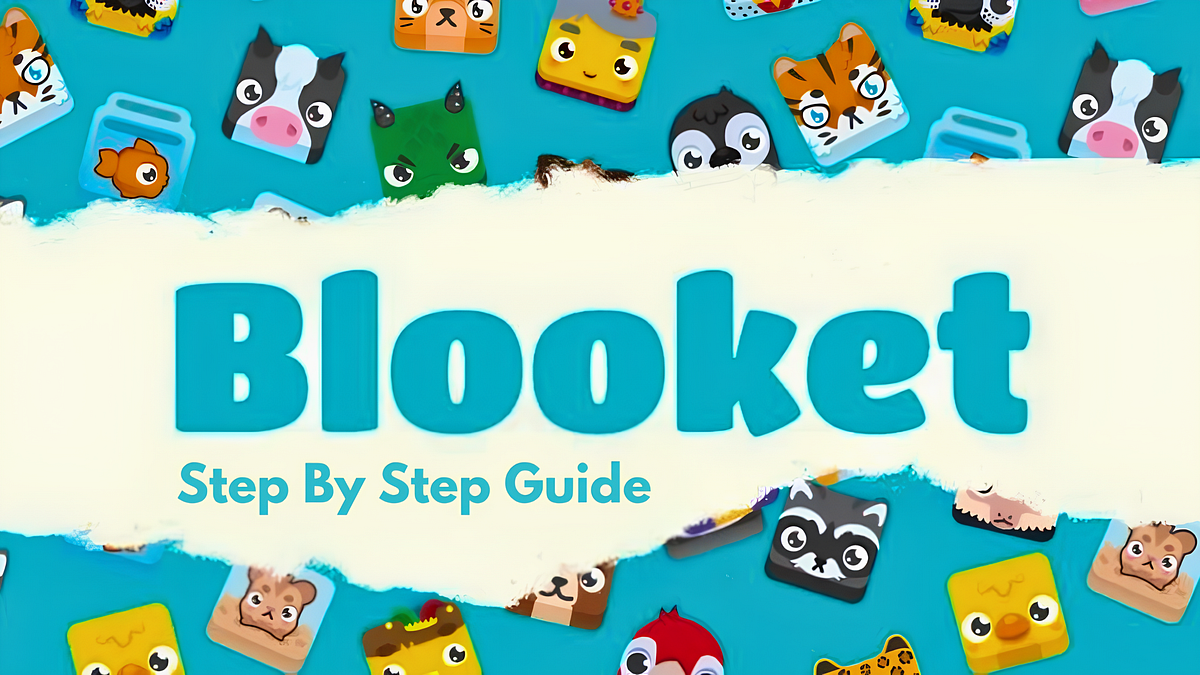When it comes to construction or industrial work, wheel loaders play a significant role in carrying out operations efficiently. These machines are versatile and can be used for various tasks, such as lifting heavy materials, clearing debris, and digging. Renting a wheel loader can be a great option for short-term projects or when you need a specific type of machine for a specific task. However, before Wheel Loader Rental, there are several factors to consider to ensure that you select the right one for your needs. Here are the top 14 factors to keep in mind:
- The Size of the Machine
The size of the wheel loader you rent will depend on the type of work you need to do. It’s essential to choose a machine that can handle the load and the terrain. If you’re working on rough terrain, you may need a larger machine with more power. On the other hand, if you’re working in a tight space, a smaller machine may be more suitable. Knowing the size of the machine you need will help you find the right one for your project.
- The Type of Tires
The type of tires on the wheel loader will affect its performance. There are two main types of tires: standard and heavy-duty. Standard tires are suitable for flat surfaces and lighter loads, while heavy-duty tires are better for rough terrain and heavier loads. Additionally, there are solid tires and pneumatic tires. Solid tires are more durable and puncture-resistant, while pneumatic tires provide a smoother ride. Consider the type of work you’ll be doing and the terrain to select the appropriate type of tire.
- The Attachments
Wheel loaders can be equipped with various attachments, such as buckets, forks, and grapples, to perform different tasks. Consider the type of work you’ll be doing and the attachments that will be required. If you’re moving heavy materials, a bucket attachment may be suitable, while if you need to lift pallets, forks may be necessary. Ensure that the wheel loader you rent has the appropriate attachments for your needs.
- The Fuel Type
Wheel loaders can run on different fuel types, such as diesel, electric, or propane. The fuel type will affect the cost of running the machine, as well as its emissions. Diesel-powered machines are the most common and are suitable for heavy-duty tasks. Electric-powered machines are more environmentally friendly but may have lower power output. Propane-powered machines are suitable for indoor work but may have limited availability. Consider the cost, availability, and environmental impact of the fuel type when selecting a wheel loader.
- The Rental Company
It’s essential to choose a reliable and reputable rental company. Look for a Heavy Equipment Rental Companies In Uae that has experience in renting wheel loaders and provides well-maintained machines. Ensure that the company offers flexible rental terms and has responsive customer service. Additionally, consider the cost and availability of the machine from different rental companies to find the best deal.
- The Operating Environment
Before renting a wheel loader, it’s important to consider the operating environment. The terrain, weather conditions, and accessibility to the site can all impact the performance of the machine. For example, if you’re working on soft or muddy terrain, a machine with a larger tire footprint may be necessary to prevent it from sinking into the ground. On the other hand, if you’re working in an area with overhead obstructions, you may need a machine with a lower profile to avoid collisions. By considering the operating environment, you can select a wheel loader that can handle the conditions of the job site.
- The Maintenance Requirements
When renting a wheel loader, it’s important to consider the maintenance requirements of the machine. Make sure that the rental company provides regular maintenance and inspections to keep the machine in good working condition. Ask about the maintenance history of the machine and whether it has undergone any recent repairs or upgrades. This information can help you avoid any unexpected downtime or repair costs during your rental period.
- The Safety Features
Safety should always be a top priority when using heavy machinery like wheel loaders. Before renting a machine, check that it has appropriate safety features such as backup alarms, seat belts, and rollover protection. Additionally, ensure that the rental company provides training on the safe operation of the machine. Operators should be trained on the proper use of the machine and all safety procedures to minimize the risk of accidents or injuries.
- The Rental Period
Consider the rental period when selecting a wheel loader. Determine how long you’ll need the machine and whether there are any penalties for extending the rental period. Additionally, consider the rental rate and whether there are any discounts for longer rental periods. By selecting the appropriate rental period, you can ensure that you have the machine for the necessary amount of time and avoid any unnecessary costs.
- The Rental Agreement
When renting a wheel loader, it’s important to carefully review the rental agreement before signing. The rental agreement should outline the terms and conditions of the rental, including the rental rate, rental period, payment terms, and any penalties or fees for late returns or damages. Additionally, the agreement should clearly define the responsibilities of both parties, such as who is responsible for maintenance, repairs, and insurance. Make sure that you understand all the terms and conditions of the rental agreement before signing to avoid any unexpected costs or disputes.
- The Availability
Wheel loaders are in high demand in the construction and industrial sectors, so it’s important to book your rental in advance to ensure availability. Consider the time of year and the peak demand periods in your area to avoid any delays or shortages. Additionally, ask about the availability of the machine you need and whether there are any alternative options if your preferred machine is not available.
- The Cost
The cost of renting a wheel loader can vary depending on the size, attachments, and rental period. To obtain the most favorable rental agreement, it is crucial to contrast the rental rates of various companies. However, don’t just choose the cheapest option without considering the quality and reliability of the machine and rental company. Consider the total cost of the rental, including any fees, insurance, and transportation costs, to ensure that you stay within your budget.
- The Transportation
Transportation is another important factor to consider when renting a wheel loader. Determine how the machine will be transported to and from the job site and whether there are any additional costs for transportation. Additionally, ensure that the rental company provides proper loading and unloading equipment and has appropriate insurance coverage for transportation.
- The Insurance Coverage
Before renting a wheel loader, make sure that you have adequate insurance coverage for the machine. While the majority of rental companies provide insurance coverage for their equipment, it’s essential to examine the coverage limits and deductibles to confirm that you have sufficient protection. Additionally, check with your insurance provider to see if you have any existing coverage that may apply to the rental machine.
In conclusion, renting a wheel loader requires careful consideration of several factors to ensure that you select the most suitable machine for your needs. By considering factors such as the rental company, availability, cost, transportation, safety features, and more, you can find the best rental option for your construction or industrial project. Always remember to prioritize safety and reliability when selecting a rental machine and rental company.




